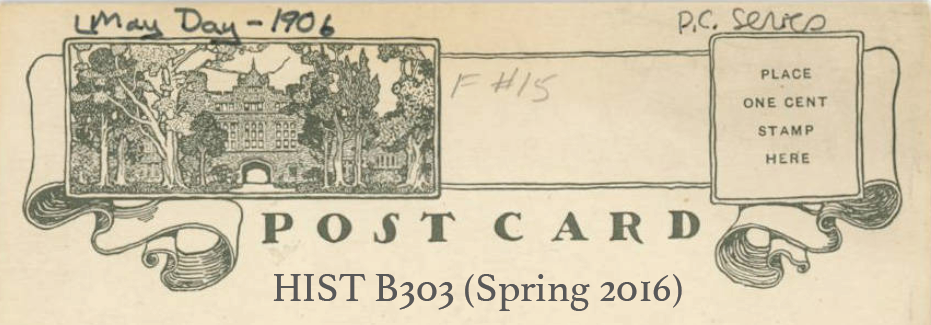Roy Rosenzweig’s “Scarcity or Abundance: Preserving the Past in a Digital Era” reminded me of the article on archival silences that we read several months ago by Rodney G.S. Carter. Like Carter, Rosenzweig is concerned about the way that archives create silences, and he advocates passionately for historians and archives to rethink their methods in order to “avoid a future of of record scarcity” (738). Although his argument is specifically tied to born-digital records, the theme of his article are ones that keep reappearing throughout this semester. He is worried about making history more relevant, more complete, and allowing multiple voices to be heard.
What I found most surprising about Rosenzweig’s article is that the changes he’s suggesting don’t seem like they should be radical. Even the most conservative archivist could probably agree that government records should be kept, even if those records were never found in print media. Rosenzweig isn’t questioning the basic principles of the type of information that should be archived, but he is looking at the way that those materials have changed and are changing, and that those changes necessitate and fundamental change in archival methods.
In doing do, Rozenzweig is being fairly radical. And his push for major changes can allow for more complete and complex archival records for the next generations of historians to use. Like many authors we’ve read this semesters, Rosenzweig doesn’t believe that history is a project of the past. For him, it’s ongoing, and the consequences of the way we deal with it will impact the present and the future as well.
